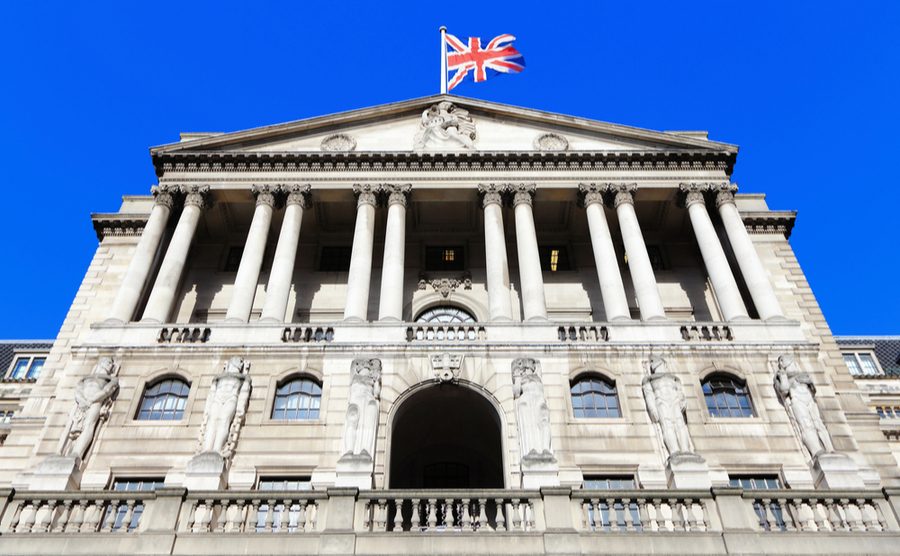The pound weakened last week on hints from the Bank of England of an interest rate cut, even if a no-deal Brexit is avoided. Rates have been low since 2008, currently sitting at 0.75 and with the last cut coming in August 2006. But what impact could a rate cut have on the pound – and what does this mean for your purchasing power abroad?
Why does a rate cut seem more likely?
Last month, the Bank of England’s Monetary Policy Committee voted to keep rates on hold at 0.75%. However, this looks like it might change – although no-one can say with certainty until an announcement is made. Policymaker Michael Saunders told business leaders in Barnsley that ‘prolonged Brexit uncertainty, even without a no-deal’ could act as a slow puncture.
‘In this case,’ argued Saunders, ‘it might well be appropriate to maintain a highly accommodative monetary policy for an extended period and perhaps to loosen policy at some stage…If the UK avoids a no-deal Brexit, monetary policy could go either way and I think it is quite plausible that he next move in the bank rate would be down rather than up.’
In slightly more readable terms, he called for the Bank to keep its options open, and said that any possible rate change would be a cut rather than a hike.
What impact could a rate cut have?
Cutting the interest rate, for any currency, will normally see that currency weaken. That’s because investors are less likely to invest in it. For example, if the Bank of England goes for a rate cut, sterling will be less attractive to investors because they would make less money from it (due to lower interest rates – just like if a savings account cuts it rates).
The thinking behind a rate cut is that it will boost exports, as they become cheaper for people using other currencies to buy. However, if you’re buying a house abroad, you could find your purchasing power reduced.
Even a 0.1 rate change – which happens at the best of times – could knock €3,000 off a sterling budget of £300,000.
Should buyers act now?
It could, therefore, be a good idea for anyone thinking of buying within the next few months to act now. You don’t need to actually purchase now, but just make sure to lock in your exchange rate for the next six or twelve months. This is called a forward contract and is used by the majority of our clients purchasing a house overseas. It means that when that change knocks €3,000 or much more from sterling, your budget doesn’t change, because Smart has agreed to use the old exchange rate with you for a period of time you and your Personal Trader have set.
As one of our clients, Beth Nicholson, who now lives in France, told us in 2018:
‘Smart really helped me to control the risk and safeguard my budget. It was just before the Bank of England was or wasn’t going to hike interest rates up. It could have made the difference between my house costing £83,000 – which it did – and £87,000. It’s a massive indication of how important what you at Smart do is.’
To protect your budget from the risk of an interest rate cut and lock in today’s exchange rate at no extra cost, like Beth, speak to your Personal Trader today on 020 7898 0541.





















